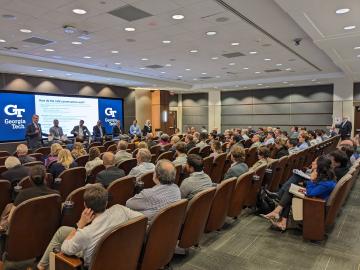
ORNL's Climate Change Science Institute and the Georgia Institute of Technology hosted a Southeast Decarbonization Workshop in November that drew scientists and representatives from government, industry, non-profits and other organizations to

ORNL's Climate Change Science Institute and the Georgia Institute of Technology hosted a Southeast Decarbonization Workshop in November that drew scientists and representatives from government, industry, non-profits and other organizations to
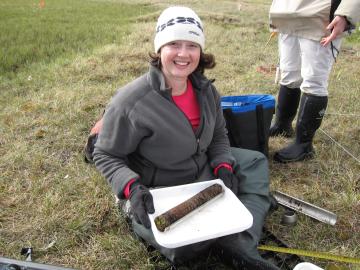
Tackling the climate crisis and achieving an equitable clean energy future are among the biggest challenges of our time.

Tackling the climate crisis and achieving an equitable clean energy future are among the biggest challenges of our time.
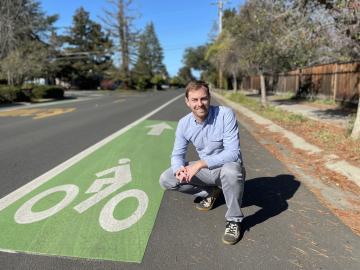
David McCollum is using his interdisciplinary expertise, international networks and boundless enthusiasm to lead Oak Ridge National Laboratory’s contributions to the Net Zero World initiative.
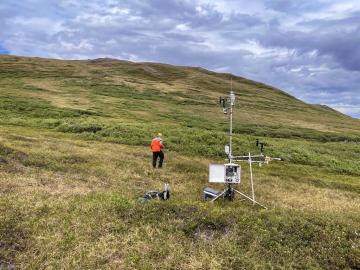
Improved data, models and analyses from ORNL scientists and many other researchers in the latest global climate assessment report provide new levels of certainty about what the future holds for the planet
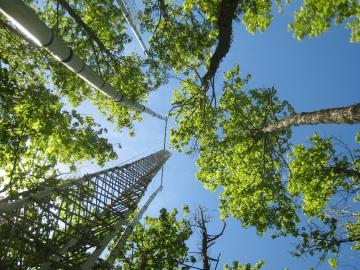
Oak Ridge National Laboratory was among an international team, led by Lawrence Livermore National Laboratory, who synthesized 108 elevated carbon dioxide, or CO2, experiments performed in various ecosystems to find out how much carbon is
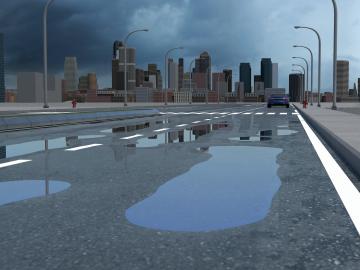
Researchers at Oak Ridge National Laboratory have identified a statistical relationship between the growth of cities and the spread of paved surfaces like roads and sidewalks.
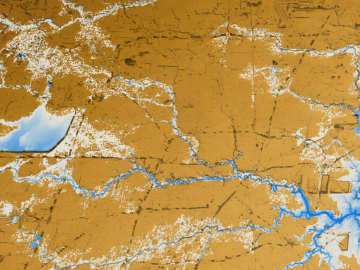
A new tool from Oak Ridge National Laboratory can help planners, emergency responders and scientists visualize how flood waters will spread for any scenario and terrain.
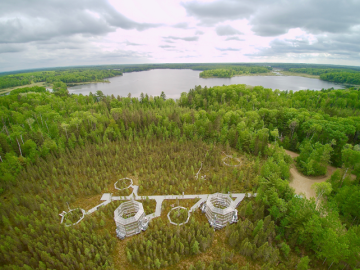
Oak Ridge National Laboratory scientists evaluating northern peatland responses to environmental change recorded extraordinary fine-root growth with increasing temperatures, indicating that this previously hidden belowground mechanism may play an import
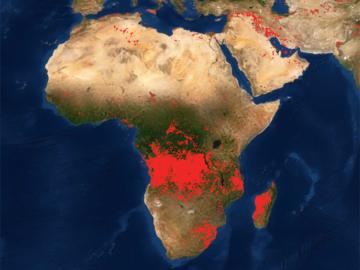
Researchers at Oak Ridge National Laboratory developed a method that uses machine learning to predict seasonal fire risk in Africa, where half of the world’s wildfire-related carbon emissions originate.

